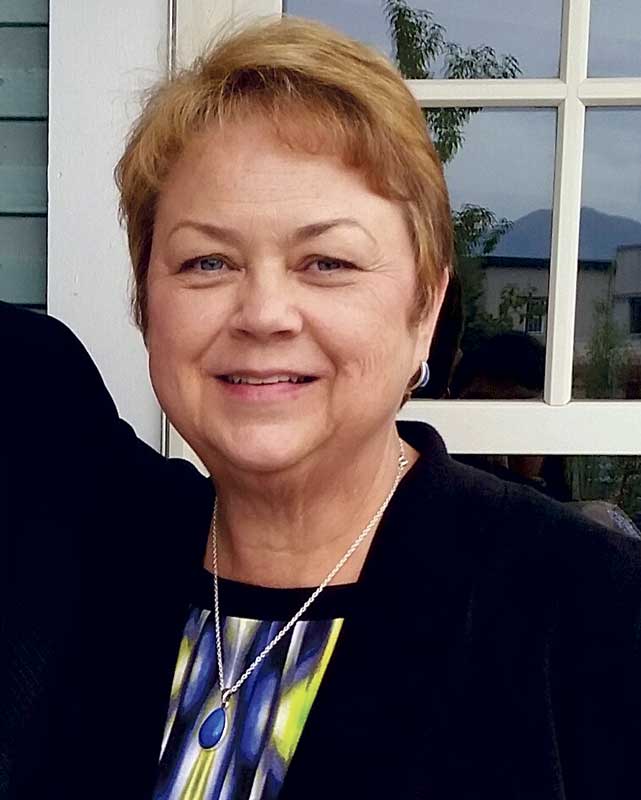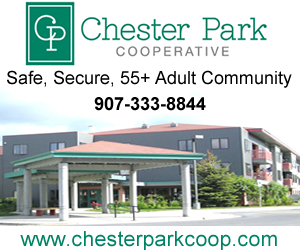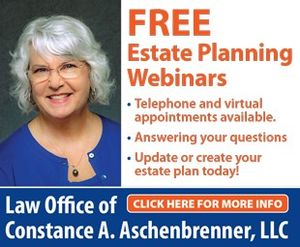Don't confuse Medicare with Medicaid
July 1, 2017
Medicare and Medicaid are two programs that can offer a strong combination health insurance for seniors. Many people get the two programs confused because of the similarity of their names.
Medicare is health insurance offered by the federal government for people over the age of 65, people who have been receiving Social Security Disability benefits for 24 months and for those of any age who have been diagnosed with End Stage Renal Disease (ESRD).
Medicaid is a federal and state program offering health insurance for specified low-income target groups who meet lower income and asset limits. In Alaska, Medicaid is known as Denali Care.
It is possible to have both Medicare and Medicaid. If you are on Medicare because of a disability or you are over 65 years of age and meet the financial criteria, you can receive Medicaid and the programs will work together to provide coverage of your healthcare needs.
People who have both Medicare and Medicaid are called Dual-eligible or Medi-Medis. Many Medi-Medis are also eligible for the Medicare Savings Program called the Qualified Medicare Beneficiary (QMB) program. This program will pay for the monthly Medicare premiums (Part A & Part B) and cost sharing such as deductibles and copayments. These three programs, Medicare, QMB, and Medicaid, provide complete coverage of all of your healthcare costs.
Medicare will pay first and Medicaid will pay second for services that both programs cover. Medicaid is always the payer of last resort. If you have a third insurance – retiree insurance, for example – the coordination of benefits would be Medicare first, retiree insurance second, and Medicaid will pay tertiary or third. Dual Eligible individuals do not have to pay Medicare cost sharing if you are getting services from a provider that accepts both insurances.
There are certain services that Medicaid covers that Medicare does not. For those services Medicaid will pay first. For example, in Alaska, Medicaid offers a limited dental benefit, but Medicare does not. The Medicaid approved provider would only bill Medicaid.
Eligibility and assistance
If you are on Medicare and think you may be eligible for Medicaid, or any of the Medicare Savings programs, you can visit your local Adult Public Assistance/Medicaid office. You can also check your eligibility by visiting Alaska's Resource for Integrated Eligibility Services (ARIES) Self-Service Portal website at https://aries.alaska.gov/screener/?logIn=N or the Benefits.gov website at https://www.benefits.gov/benefits/benefit-details/1619. Additionally, you can also be screened by calling the Medicare Information Office at 1-800-478-6065.
Applying
Medicaid applications, known as the Gen 50-C, may be obtained at Adult Public Assistance offices throughout the state and the Medicare Information Offices as well as online at http://dpaweb.hss.state.ak.us/e-forms/pdf/Gen50c.pdf
This one application can screen persons for a variety of assistance programs. Once the application is completed, it can be submitted to one of the 15 public assistance offices within the state of Alaska for review. You can also apply online at my.alaska.gov.
Medicaid does have requirements for residency and citizenship. You either must be a United States citizen or a lawful resident or green card holder who has lived in the U.S. for five consecutive years.
When you apply, bring along proof of age, for example a birth certificate, proof of identity and U.S. citizenship, such as a green card or passport, proof of address like a bill, and proof of income and assets, i.e., your paycheck stub or bank statement.
It can take a number of weeks to process the application and you will receive a letter regarding the determination made on your case. If your application is successful, you will receive a Denali card with the date your coverage is effective in the mail.
If you have Medicare and Medicaid, you may have questions about applying or about how they work together. To get answers, you can call the Medicare Information Office at 1-800-478-6065.
As mentioned earlier, people who have Medicare and Medicaid are usually automatically enrolled in the Medicare Savings Program (MSP) or the Extra Help program. The MSP (QMB) pays for Medicare cost sharing, and the Extra Help program is a federal program that helps with your prescription drug costs. If you have Medicare and Medicaid and you are not sure you are enrolled in these programs, contact the Medicare Information Office for assistance.
Nila Morgan is a Certified Medicare Counselor and Medicare Fraud Education Coordinator who works at the Anchorage Senior Activity Center.











